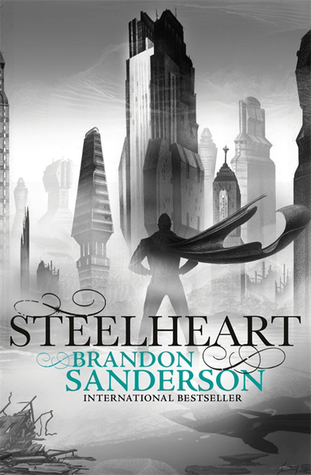"What are we? We've learned to dance the tango and we know how to eat roast beef with a knife and fork. The truth is that except for the colour of our skin, most people in India wouldn't even recognise us as Indians. When we joined up we didn't have India on our minds; we wanted to be sahibs and that's what we've become."
Set in Burma, Malaya and India during the dying days of the British Empire, The Glass Palace is a multi-generational epic spanning a hundred years and involving several families. Rajmakur is an Indian orphan from a poor family when he arrives in Burma during the British Invasion of 1885. Able to get a glimpse inside the infamous Glass Palace during the chaos, he falls in love with Dolly, attendant to a Princess. As Burma changes and the world draws closer to World War Two, Rajmakur's fortunes rise and fall with that of the Empire. Decades later, Indian soldier Arjun is forced to face some difficult questions on the nature of identity and what a free India would mean.
I'm glad I finally took The Glass Palace off my shelf and read it. I've owned it for at least ten years, and it was on the list of twelve books I've challenged myself to read in 2014. I think I was worried it would be overly literary, or pretentious, or stuffy, but it didn't feel like that at all. The writing was surprisingly smooth and although the book is 500+ pages, it didn't feel long. The constant changing of the setting gave events a nice pace and Ghosh avoids dwelling for too long on any one character. I loved reading about Burma in the days of royalty and the sumptuous hall of mirrors in the Glass Palace, as this is something I knew nothing about before starting the book. Ghosh has a way with description and Burma really came alive for me.
I think if I hadn't read A Suitable Boy by Vikram Seth already, The Glass Palace would probably have become a favourite. But a lot of the themes and aims are similar and in my opinion, Seth just does a multi-family epic so much better. Ghosh introduces a lot of characters with a lot of links between them, and sometimes it was hard to keep track of who knew who, and how they knew each other. An appendix with a family tree would have been ideal. Also, sometimes twenty years or more were skipped through very quickly in the space of a chapter or so, and this felt a bit jarring.
The real strength of the book was in the two characters of Rajkumar and Arjun. Rajkumar has a bit of a rags to riches story but Ghosh is careful not to idealise him too much. As a reader you root for him in the initial sections of the story, but as he starts to earn many through whatever means possible, including exploitation of others, Ghosh makes you question how you really feel about him. And Arjun, an Indian officer in the British army, is a great vehicle for Ghosh to explore identity and the complex realities of how the British related to India. Arjun doesn't have too much of a plot, but I like how nuanced Ghosh wrote his situation, how torn he was between what he knew and what he hoped for.
On the whole, The Glass Palace is a well written epic with some important themes, that remains easy to read and enjoy. I'm glad I read it, even if I didn't love it quite as much as I loved A Suitable Boy.
Source: Personal Copy
First Published: 2000
Edition Read: Harper Collins, 2001
Score: 4 out of 5
TBR 2014: Book 1/12







